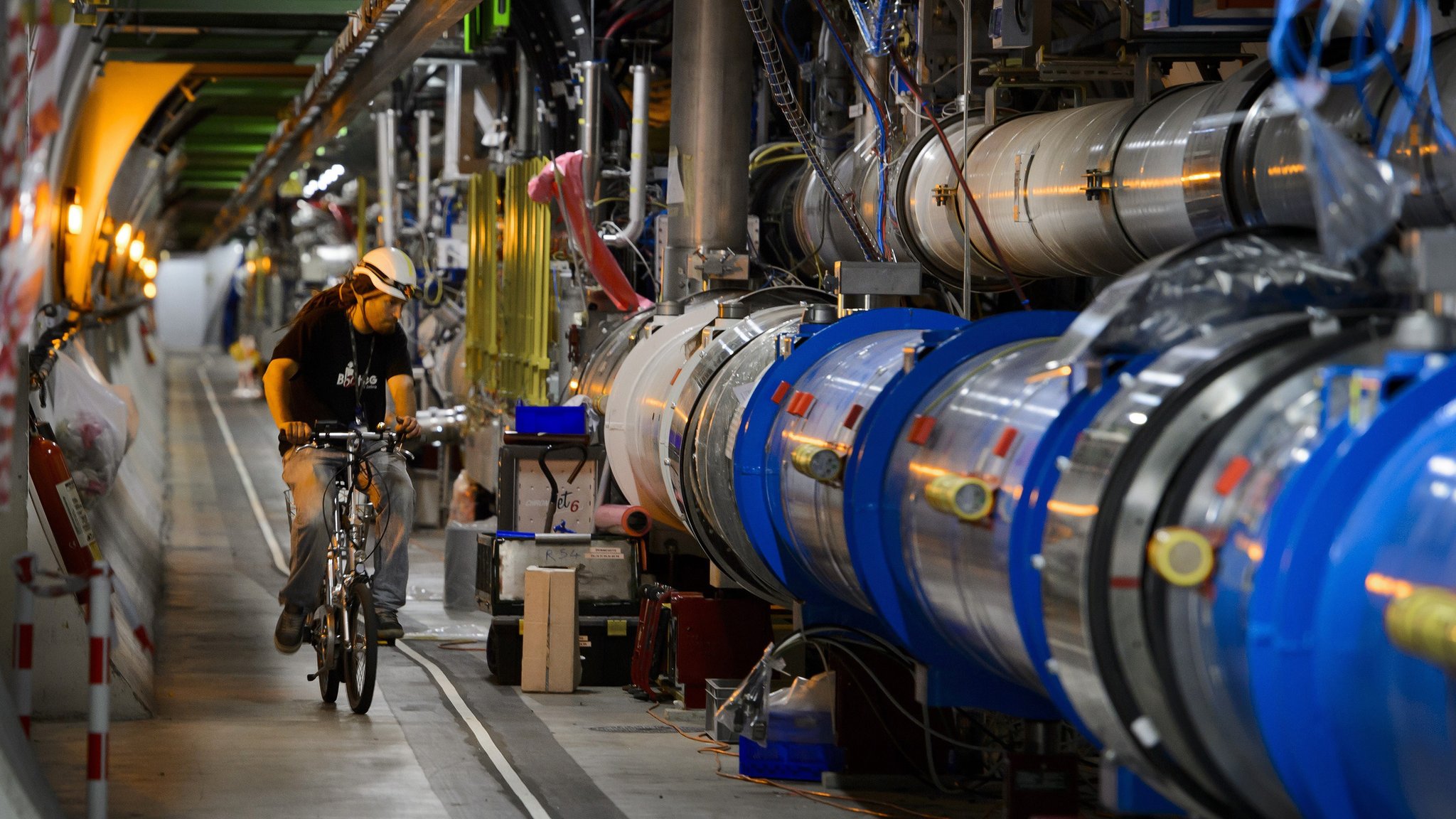The largest particle accelerator in the world, Collider Hadron, large 27 kilometers (LHC), began again on Friday after a break of more than three years to improve and maintain work in the middle of Covid-19 in hunting “dark material.”The physicist hopes that the commencement of a collision will help in their search for what is called “dark material” located outside the visible universe. Dark material is considered five times more common than ordinary material but does not absorb, reflect or emit light. Search so far appeared with empty hands.
“We will increase the number of collisions drastically and therefore the probability of new discoveries as well,” said Rende Steerenberg who is responsible for the LHC control room operation.Particle accelerator, which is located under the Swiss-French border area near Geneva, may be famous for helping to confirm Boson Higgs Subatomy in 2012.European organizations for nuclear research, or Cern, said that two proton beams circulated in the opposite direction around the accelerator on Friday, but high intensity, high -energy collisions were still in a few months.This is the third way to collider. The first round of trials took place from 2010 to 2012, and the second from 2015 to 2018. This round is expected to last until 2026.
“Machines and facilities underwent a large increase during the old shutdown of the two Cern accelerator complexes,” Cern Director for accelerator and technology, Mike Lamont said in a statement.He added that Collider “will now operate on higher energy” and provide more data significantly.


